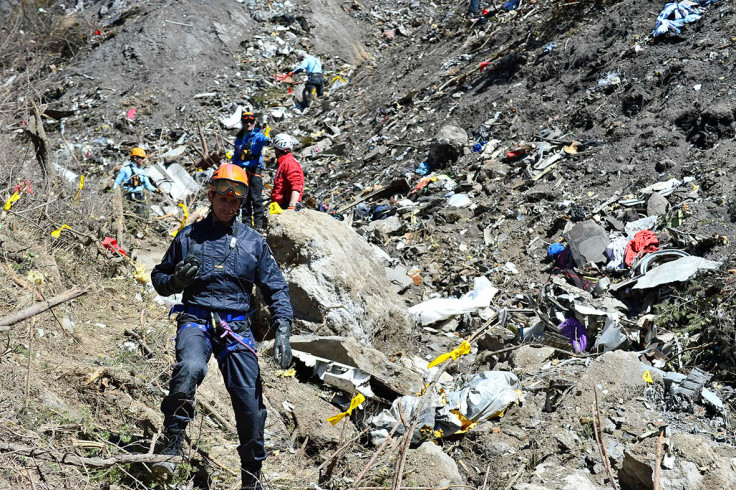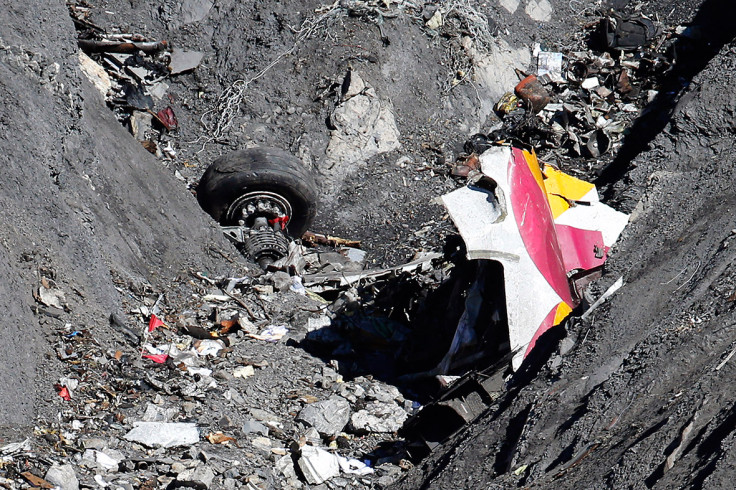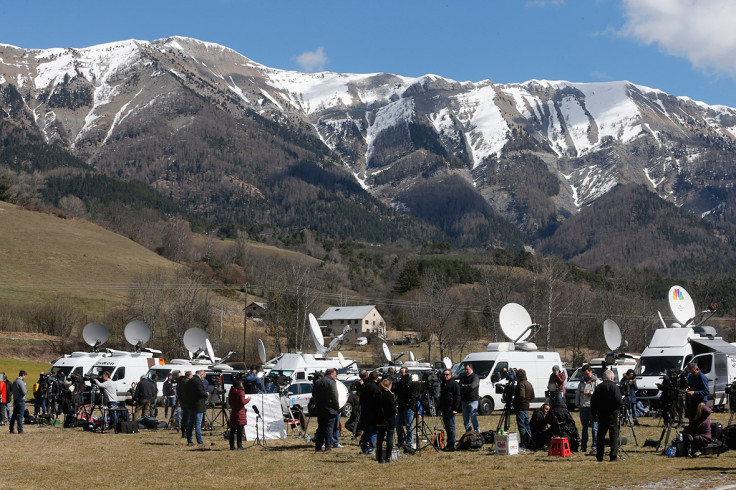Germanwings plane crash: Is pilot suicide or terrorism the greater threat to civil aviation?

The cockpit of a civil aircraft is impregnable. After 9/11, changes were made to the security of cockpits in an effort to make hijackings more difficult and, according to the US Federal Aviation Authority, doors should typically be strong enough to withstand a grenade blast. But with this safety improvement comes another threat that has become apparent in the Germanwings flight 4U95251 crash this week – access can be denied from within the cockpit too.
Nobody knew why the Airbus A320 operated by the budget subsidiary of Lufthansa, plunged to earth at a rate of 4,000 ft per minute without warning. But the recovery of the plane's "black box" voice recorder revealed the unthinkable – it wasn't a mechanical failure, but the plane, with 150 passengers and crew, had been intentionally flown into the ground. According to a Marseille prosecutor, the co-pilot Andreas Lubitz had locked the captain out of the cockpit, seemingly starting a descent to "destroy the plane". The crash is now being treated as a murder-suicide.
A locked door is opened by a flight crew inside the cockpit and it can also be unlocked by a crew member entering a keycode, but crew inside the cockpit can manually override the system to keep a door locked for up to five minutes. Audio recordings from the flight suggest the captain tried to kick the door down, but to no avail, prompting many to question the safety mechanism itself. But this raises the question of which is the bigger threat, pilot suicide or terrorism?

"The reality is that if you speak to many of the aviation safety experts in the industry, they will tell that the threat of terrorism or inappropriate action from passengers is far, far greater than the threat of a pilot acting alone in a cockpit to deliberately crash the aircraft," Dr Anil Padhra, senior lecturer in aviation studies at Kingston University, tells IBTimes UK.
As a consequence of the crash of the Germanwings aircraft, airlines have rushed to introduce a policy requiring a second crew member to be in the cockpit at all times. But would this change actually have made a difference to flight 4U9525 – or is it a knee-jerk reaction to a relatively isolated incident?
"What these airlines have done is tried to add another layer of safety by having another member of cabin crew in the cockpit, but also have tried to convince the flying public that international air travel is a safe mode of travel by adding this policy," Dr Padhra says.
"If that policy was in place before the Germanwings flight, would that incident have occurred? Possibly, because if the pilot wanted to deliberately crash the aircraft – and wanted to do so even with a senior cabin crew member inside the cockpit – what he could have done is physically abused the cabin crew member and incapacitated him."

There is, however, a benefit to the two-pilot system. "Having two pilots in the cockpit does add another layer of safety," Dr Padhra says. "If you think about the mindset of a pilot wanting to deliberately crash an aircraft, having another person sitting in the cockpit may make then rethink their actions."
The deliberate downing of an aircraft is a rare incident, but the sad story emerging from the Germanwings crash is not the first of its kind. In November 2013, a flight between Mozambique and Angola crashed in Namibia, killing 33 people. EgyptAir flight 990 went into a rapid descent 30 minutes into a flight from New York to Cairo, killing all 217 on board. An investigation suggested that the crash was caused deliberately by the relief first officer, but the evidence was not conclusive. In December 1997, the pilot of SilkAir Flight 185 from Jakarta, Indonesia, to Singapore, is suspected of having switched off the flight recorders and manipulating the plane into a deadly dive.
Still, this kind of aviation disaster is difficult to prove with certainty. Investigations are often hindered by the pilots deliberately switching off recording devices, leaving suicide a merely a theory to explain why the aircraft plummeted to earth. But in light of the evidence emerging from the flight recorders, many have called for a change to the cockpit door security system.
"If you change that, you are removing a layer of safety that prevents passengers from getting into the cockpit," Dr Padhra says. "It's a question of which way you go – do you go to the left or do you go to the right? It's a difficult one."
© Copyright IBTimes 2025. All rights reserved.




















